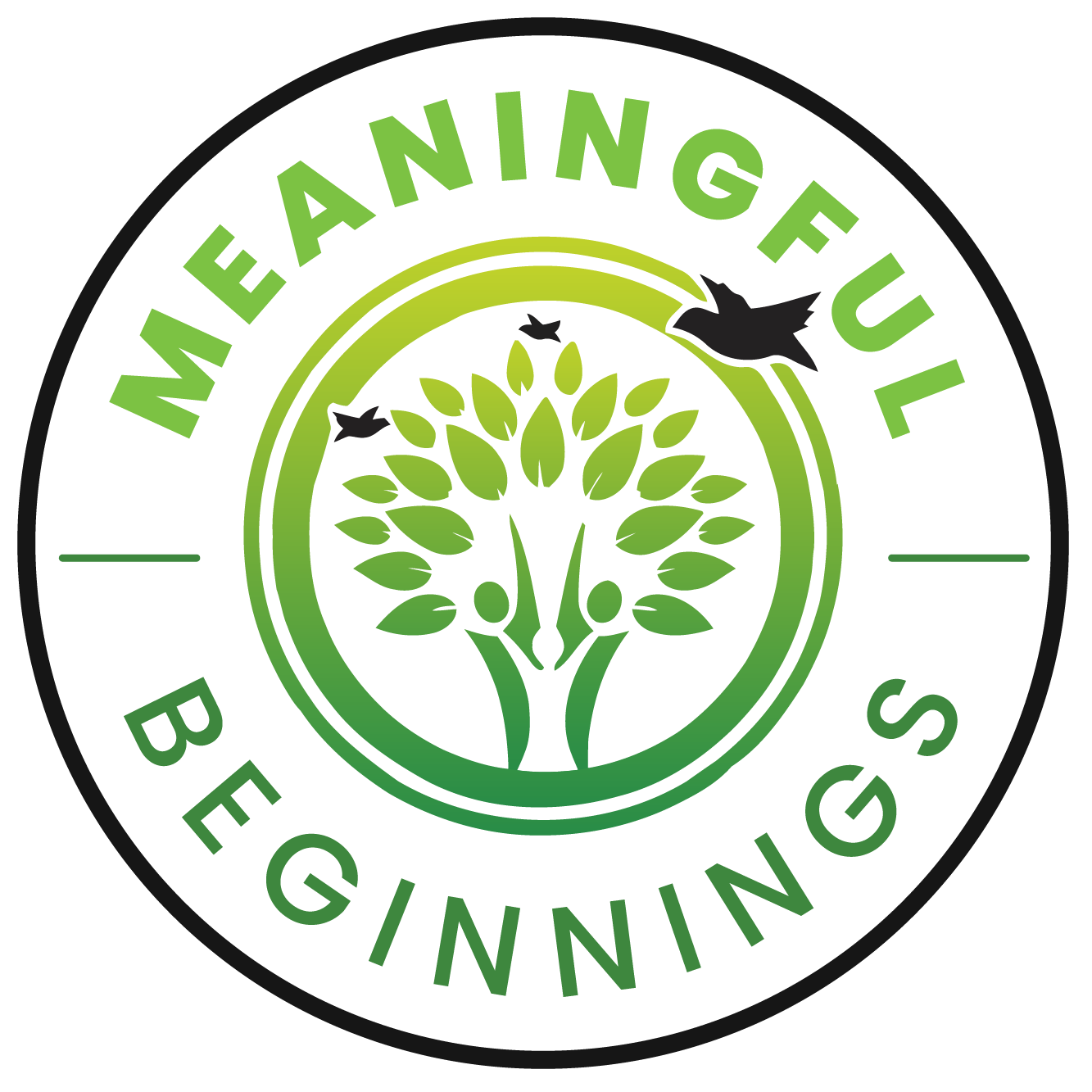Having a baby is often regarded as the happiest day of a parent’s life. And yet so many new parents experience mental health issues after their baby is born. These conflicting emotions can cause new parents to feel confused and isolated, which only adds to feelings of depression and anxiety. During these times, it’s important to remember that you are not alone and there are many resources out there designed specifically to help and support new parents.
When your new baby comes into the world, your whole life changes. Suddenly, every moment becomes about making sure your baby is healthy and content – but what about you? Mental health issues are all too common in new parents, both mothers, and fathers.
Most studies out there focus primarily on how pregnancy, labor, delivery, and postpartum recovery affect the mother, but fathers are often affected as well. Although they don’t experience the emotional and physical changes that a mother does, they are still experiencing life changes of their own. Ignoring mental health issues in new fathers can exacerbate that of the mother, affect the child, and leave the father feeling as though they have nowhere to turn.
Below are few tips for new parents that are struggling with their mental health. These tips can also help expecting parents who want to understand what may lie ahead and how to navigate the dark waters of new parent depression.
Before we get into the tips for taking care of your mental health as a new parent, let’s talk about the very real issue that is perinatal depression.
What is Perinatal Depression?
According to the National Institute of Mental Health (NIMH), perinatal depression is “a mood disorder that can affect women during pregnancy and after childbirth.”
Although the NIMH’s definition of perinatal depression specifically mentions women, men can be affected too, though there is much less research and fewer resources for men. Research shows, however, that more than 10% of fathers experience perinatal depression and anxiety.
Feelings of despair, loneliness, and worry are not simply “bad moods.” They are mental health issues that should be taken seriously – by you, your partner, your family, friends, and your doctors.
You should certainly seek professional mental health assistance if you are a new parent (or anyone, really!) experiencing feelings of depression and anxiety. In the meantime, here are strategies for coping with these feelings and ways you can promote mental wellness in yourself and your partner.
Tips to Maintain Mental Wellness in New Parents
Know the signs of mental distress
Symptoms can begin to occur immediately after delivery for mothers, however, it can take a few weeks to months for perinatal depression to surface. For fathers, it might begin when the baby is brought home or weeks later. In either case, perinatal depression can last for months to years.
Typical symptoms include:
- Hopelessness
- Sleeping too little
- Sleeping too much
- Not eating
- Irritability
- Exhaustion
- Sudden mood swings
- The fear of seeming like a bad mother if you tell others about how you’re feeling
- Feeling disconnected from your baby and guilty that you aren’t filled with joy every moment of the day
- Intrusive thoughts of hurting yourself, your partner, or your baby
- No interest in things you used to enjoy.
Speak up
The first step into remedying any issue is being aware that it exists. The more you know about depression and anxiety in new parents, the faster you can get help.
New moms: make sure you’re honest with your doctor when you go to checkups about your health, too – not just your baby’s! Your health (mental and physical) directly affects that of your baby. Your doctor wants you to be as healthy as can be for the well-being of your entire family. They can point you in the right direction if they know you’re experiencing postpartum depression and/or anxiety.
New dads: don’t be afraid to speak up! There’s a dangerous social stigma around emotional and sensitive men that we have to actively work to remove. Your feelings are just as valid as anyone else’s! Don’t push through feelings of depression and anxiety to be “strong for the family.” Be vulnerable with your partner and seek help from mental health professionals.
Don’t compare yourself to others
Try your best to spend less time on social media, especially when it comes to accounts with “idyllic” families – it may cause you to compare your family to those who only post the highlight reel and then add a filter. Remember that most of those “perfect” Instagram and Pinterest families are running a business. They get paid for the content they produce so it HAS to look perfect and alluring!
Real-life parenting is messy, smelly, and full of mistakes. Be kind to yourself.
Invest in self-care
Don’t feel guilty for splurging on yourself a little bit or for leaving the baby with your parents for a weekend – even if they’re only a couple of months old. As new parents, you need to set aside time to relax, reconnect with each other, and recharge. This will allow you to be the very best parents you can be.
If you don’t focus on taking care of yourselves, as new parents, you risk letting arguments about little things ruin your day, fighting in front of the baby, and forgetting why you decided to grow your family in the first place: because you love each other.
Ask for help with the little things
After having a baby, the little things like going grocery shopping, doing laundry, and cooking dinner can seem completely overwhelming! After all, you are busy tending to a brand-new life. Don’t feel like you have to be a super parent that does it all without asking for help. Your parents and your best friends want to be by your side, helping you and your baby! Asking is usually the hardest part, but you’ll feel so much better after you did.
Check back here on the Meaningful Beginnings blog for more advice on topics like parenting, early education, family health and wellness, and more!







